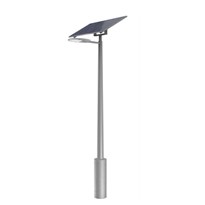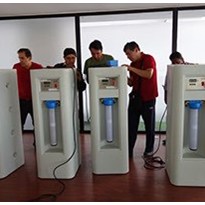Solar-powered irrigation systems are revolutionizing the agricultural landscape by combining the benefits of renewable energy with efficient water management. With the global need to produce more food while reducing the ecological footprint of farming practices, solar-powered irrigation has emerged as a promising solution. These innovative systems harness the power of the sun to generate clean and sustainable energy for pumping water to irrigate crops.
By utilizing solar photovoltaic (PV) panels, which convert sunlight into electricity, solar-powered irrigation systems offer numerous advantages. They reduce reliance on fossil fuels, minimize greenhouse gas emissions, and contribute to a greener and more sustainable environment. With solar energy as the power source, farmers can achieve long-term cost savings by reducing or eliminating electricity bills associated with traditional irrigation methods.
Solar-powered irrigation also provides off-grid capabilities, making it a viable solution for remote or underserved areas without access to electricity infrastructure. This empowers farmers in such regions to cultivate their lands and enhance agricultural productivity.
These systems are designed for efficiency and water conservation. By integrating water-saving techniques such as drip irrigation or precision watering, solar-powered irrigation maximizes water efficiency, minimizes wastage, and promotes sustainable water resource management.
With advancements in technology and decreasing costs of solar panels, solar-powered irrigation systems are becoming increasingly accessible and cost-effective for farmers around the world. These systems offer the dual benefits of meeting agricultural water needs while promoting sustainable practices and reducing environmental impact.
Overall, solar-powered irrigation systems represent a transformative approach to sustainable agriculture, offering an efficient, cost-effective, and environmentally friendly solution for farmers to meet the growing demands of food production while minimizing their ecological footprint.



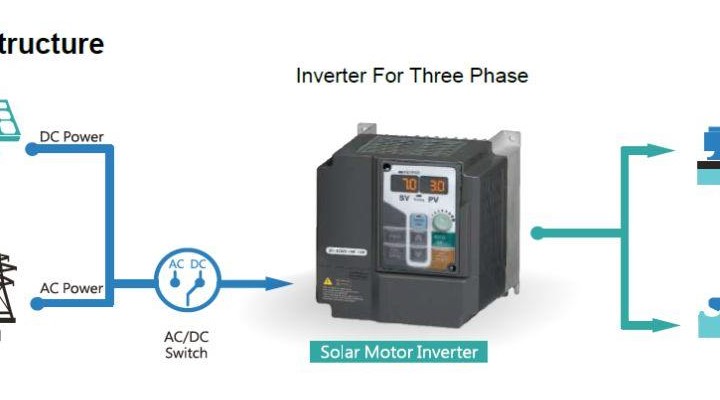


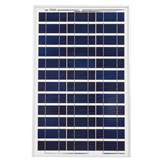
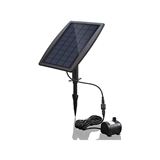













-205x205.jpg)
